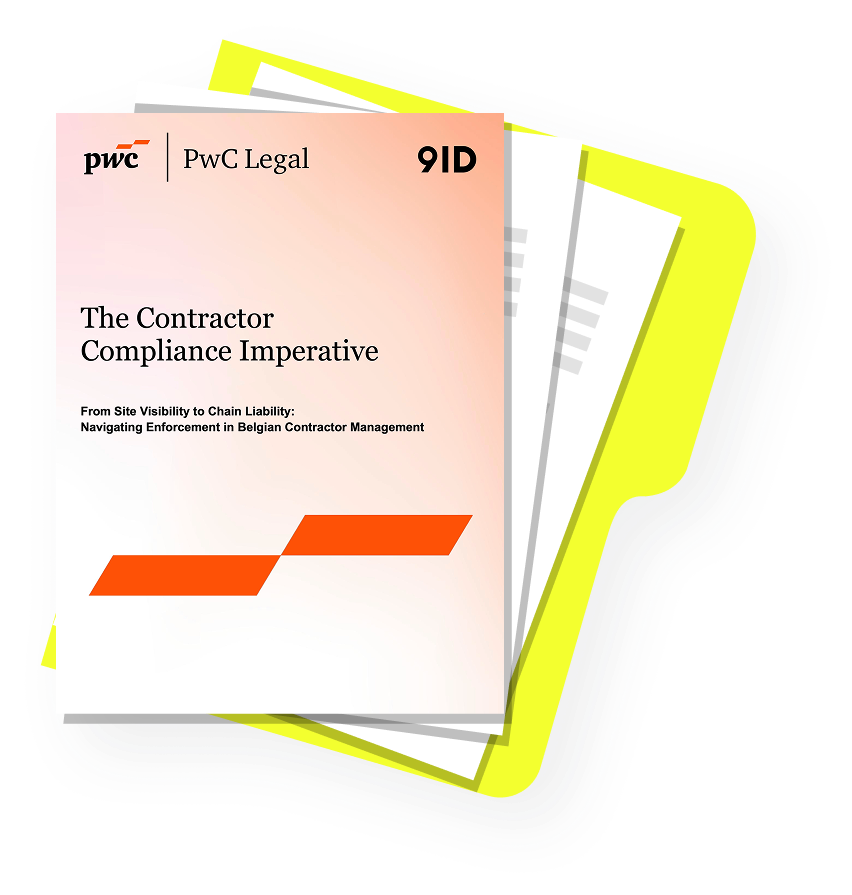Regulation
Food safety compliance, integral to maintaining trust and quality in the food industry, has transcended its traditional boundaries to include consumer interests, ethical considerations, and transparency. This guide seeks to demystify the complexities inherent in ensuring food safety from farm to fork, a journey that is not just a legal mandate but a fundamental aspect of building consumer trust.
Jo Fairley, Co-founder of Green & Black's Organic Chocolate, aptly reflects this shift in the LRQA podcast:
"We want to make sure that the products we buy are doing no harm either to the planet or to the individuals involved in the production process. This concern has moved beyond the realms of environmental activists to everyday conversations, reflecting a broader shift towards ethical and sustainable practices in food production." Jo Fairley, Co-founder of Green & Black's Organic Chocolate
This emerging trend highlights how food safety compliance now encompasses broader themes of sustainability and ethics. As businesses strive to meet these expanded expectations, understanding the core principles of compliance is increasingly essential.
Understanding the Importance of Food Safety Compliance
Food safety compliance is vital for several reasons:
- Consumer Health: The primary goal of food safety regulations is to protect consumers from foodborne illnesses, which can have serious health consequences. Ensuring safe food handling and processing practices safeguards public health and well-being.
- Brand Reputation: Compliance helps maintain the integrity and reputation of your brand. A single safety lapse can lead to public distrust and tarnish a brand's image, sometimes irreparably.
- Legal Obligations: Non-compliance can result in heavy fines, legal action, and even closure of the business. Adhering to food safety regulations is not only a legal requirement but also a critical component of operational sustainability.
- Ethical and Sustainable Business Practices: This involves committing to responsible sourcing, fair labor practices, and environmental stewardship in food production. Ethical and sustainable practices demonstrate a company's dedication to more than just profits, showcasing a commitment to societal and environmental health. These practices are increasingly influencing consumer choices and shaping industry standards.
Key Regulations and Standards:
We identify three fundamental pillars that form the backbone of any effective food safety management system:
- Structural Hygiene: This pertains to the physical aspects of food handling and processing environments. It includes the upkeep of cleanliness and structural integrity of facilities, encompassing floors, walls, windows, doors, and more.
Ed O'Neill, an expert in Art Design and Specialty Foods, emphasizes this point in the Safefood podcast:
"Food premises need to be cleaned continually to eliminate the possibility of growth or contamination by pathogenic bacteria and spoilage microorganisms. However, a clean premises requires a commitment to hygiene from all staff members. Therefore, it is essential that all staff are made aware of the cleaning program and their specific responsibilities." Ed O'Neill, Expert in Art Design and Specialty Foods
- Operational Standards: This pillar deals with the everyday practices and procedures that ensure food safety. It covers aspects like maintaining cleanliness, adhering to good hygiene and safety standards by staff, and the implementation of safe food handling practices.
- Documented Food Safety Management System: This crucial aspect involves maintaining thorough documentation of food safety practices. This documentation, which includes policies, procedures, and records such as temperature logs, cleaning schedules, and training logs, is critical for demonstrating compliance with food safety standards and regulations.
Ensuring these pillars are firmly in place and regularly audited is key to effective food safety management. As Marie-Therese Sweeney, a Quality and Hygiene Systems Consultant, states:
"Food safety auditing is an independent evaluation of how effectively a food business implements their food safety management systems. It's an overall assessment of the three basic pillars of the system, and the standard depends on the type of business." - Marie-Therese Sweeney, Quality and Hygiene Systems Consultant
Furthermore, the food industry is regulated by a variety of both local and international standards, including:
- HACCP (Hazard Analysis and Critical Control Points): This system addresses food safety through the analysis and control of biological, chemical, and physical hazards.
- FDA Regulations: In the United States, the Food and Drug Administration sets standards for food safety, handling, and labeling.
- EU Food Safety Standards: In Europe, regulations focus on food hygiene, traceability, and consumer information.
- ISO 22000: An international standard that specifies requirements for a food safety management system.
- FSSC 22000: A food safety certification that builds on ISO 22000, adding several documentation requirements.
Best Practices for Compliance:
- Regular Training: Continuous education and training of staff on the latest food safety practices and regulations is essential.
- Implementing Standard Operating Procedures (SOPs): These should cover all aspects of food handling and preparation.
- Record Keeping: Maintain detailed records of food safety practices, including supplier information, training logs, and compliance checks.
- Regular Audits and Inspections: Conducting internal audits and preparing for external ones helps in identifying and rectifying potential issues.
- Staying Updated: Keep abreast of changes in regulations and industry standards.
Technology's Role in Ensuring Compliance:
In today's digital age, technology plays a pivotal role in enhancing and streamlining food safety compliance. Advanced technological solutions offer numerous benefits, making the process more efficient, accurate, and manageable. Here’s a deeper look into how technology is revolutionizing food safety compliance:
- Tracking and Traceability: Modern technology enables comprehensive tracking systems that monitor the journey of food products from their origin to the consumer. This traceability is crucial for quickly identifying and addressing potential safety issues. For instance, blockchain technology is being employed to create transparent, immutable records of food products' journey, ensuring every step in the supply chain is accounted for and easily verifiable.
- Automated Monitoring: Internet of Things (IoT) devices and sensors have transformed the way food storage conditions are monitored. These technologies provide real-time data on temperature, humidity, and other environmental factors critical to food safety. This continuous monitoring ensures that any deviation from the ideal conditions is promptly detected and addressed, thus minimizing the risk of spoilage or contamination.
- Data Management: Efficient management and analysis of compliance-related data are essential for effective food safety systems. Cloud-based solutions offer centralized platforms where data from various sources can be aggregated and analyzed. This integration facilitates better decision-making and simplifies compliance reporting. It also aids in predictive analysis, helping businesses anticipate potential issues before they arise and take proactive measures.
- Remote Auditing and Inspections: With advancements in communication technology, remote auditing has become a feasible option. Tools like video conferencing and shared digital checklists allow auditors to conduct thorough inspections without being physically present. This approach has gained prominence, especially in scenarios where on-site visits are challenging due to geographical or health-related constraints.
- Employee Training and Engagement: Technology has revolutionized training methods, making them more accessible and interactive. E-learning platforms, virtual reality (VR), and augmented reality (AR) are being used for training employees in food safety practices. These innovative methods enhance understanding and retention, ensuring that staff are well-equipped to uphold food safety standards.
- Compliance Alerts and Notifications: Automated systems can be programmed to send alerts and notifications for critical compliance deadlines or when there is a deviation from set standards. This feature ensures that important tasks, such as renewing certifications or conducting periodic checks, are not overlooked.
- Access Management and Control: Advanced technology plays a crucial role in enhancing the security and integrity of food processing and storage areas. By implementing sophisticated access management systems, businesses can ensure that only authorized, compliant personnel have access to specific premises. This control is vital in maintaining high standards of food safety and hygiene.
- Audit Trails for Enhanced Accountability: Your systems should create detailed audit trails documenting who accessed which areas and when. This level of tracking is invaluable, not just for internal monitoring but also in the event of a food safety audit or inspection. It provides clear evidence of compliance with access control and personnel management regulations.
- Document Management and Readiness for Inspections: In conjunction with access management, technology can be used to maintain and organize essential documents digitally. This practice ensures that all necessary records, such as training certificates, health clearances, and inspection reports, are readily available and easily accessible. This readiness is particularly beneficial during audits and inspections, as it allows for quick and efficient presentation of compliance evidence.








